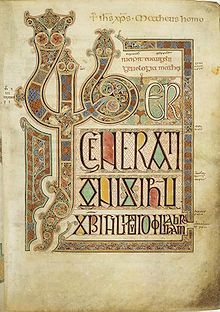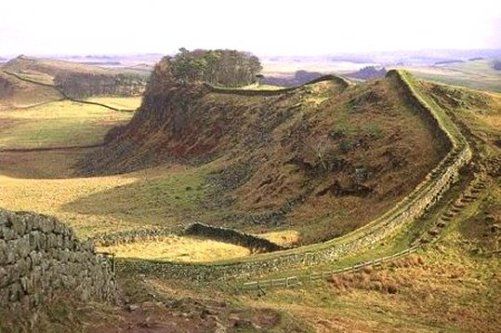Artículo principal : Idioma anglosajón
Palabra Nº 3: «DOMINARON»
Traducción.- verbos: master, dominate, control, overpower, subdue, take over, govern, overlook, possess, put down, keep down, get over, lord, subject
Tema cuestión: Inglés antiguo – Idioma anglosajón
Inglés antiguo
Estos invasores germánicos dominaron a los habitantes de habla celta britónica y latina. Las lenguas que hablaban estos invasores germánicos formaron lo que se habría de llamar inglés antiguo, que fue un idioma emparentado con el frisón antiguo. El inglés antiguo (también denominado anglosajón) tuvo la fuerte influencia de otro dialecto germánico, el nórdico antiguo, hablado por los vikingos que se asentaron principalmente en el noreste de Gran Bretaña. Las palabras inglesas English (inglés) y England (Inglaterra) se derivan de palabras que se referían a los anglos: englisc e England. Sin embargo, el inglés antiguo no era un idioma unificado común a toda la isla, sino que se distinguían principalmente cuatro dialectos: mercio, northumbrio, kéntico y sajón occidental.
Desde un punto de vista gramatical, el inglés antiguo presenta muchas similitudes tipológicas con las lenguas indoeuropeas antiguas como el latín o el griego, y también el alemán moderno. Entre dichas similitudes están la presencia de caso morfológico en el nombre y la diferencia de género gramatical. El sistema verbal era de carácter sintético a diferencia del inglés moderno, el cual usa más la perífrasis verbal y los verbos auxiliares.
***********************************************************************************
Old English
Main article: Anglo-Saxon Language free
These Germanic invaders dominated the inhabitants of Latin and Celtic Brythonic speech. The languages spoken by these Germanic invaders formed what was to be called Old English, which was a language related to Old Frisian. Old English (also called Anglo-Saxon) had the strongest influence of another Germanic dialect, Old Norse, spoken by the Vikings who settled mainly in the north of Britain. English words Inglés (English) and England (England) are derived from words that referred to Anglos: englisc and England. However, Old English was not a unified language common to the whole island, but mainly distinguished four dialects. Commerce, Northumbrian, Kentish, and West Saxon stock
From a grammatical point of view, the old English typological presents many similarities with the ancient Indo-European languages such as Latin and Greek, and modern German. Such similarities are the presence of morphological case in the name and grammatical gender difference. The verb system was synthetic character unlike modern English, which uses more verbal periphrasis and auxiliary verbs.
Fuente que utilizo aquí es: http://es.wikipedia.org




